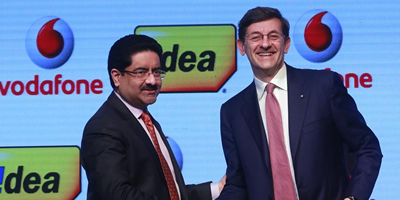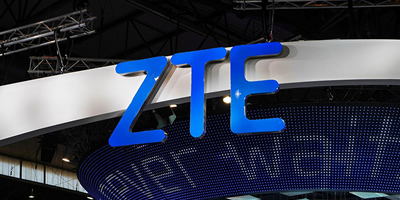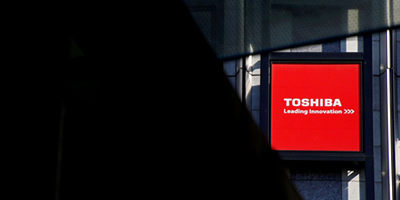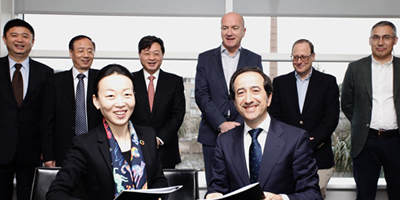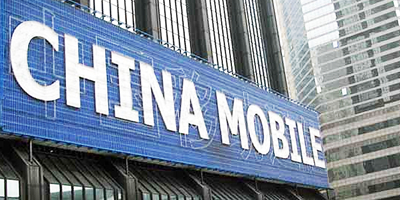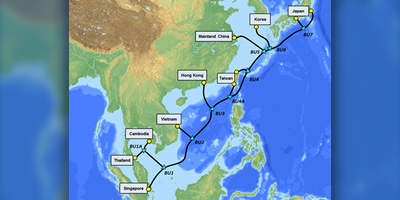A comprehensive report conducted by the IDC has projected that smart city expenditure is set to reach $28.3bn in 2018. The report analyzed the estimated spending on technologies that is set to be integrated in order to facilitate smart city programs in the Asia Pacific.
Industry News
Wedge Networks forms new partnership to protect governments from cybersecurity attacks
ExpiredWedge Networks, the leader in real-time threat prevention has been working with its partner, Bangkok Systems, to bring its Wedge Absolute Real-time Protection (WedgeARP) solution to the Thai market and has recently deployed it in the Royal Thai Army Hospital.
Vodafone India and Idea Cellular announce post-merger leadership team
ExpiredVodafone Group and Indian telecom company Idea Cellular have announced the proposed leadership team of the combined business, which will come into effect after the merger has been completed. This is in line with the original merger announcement of 20 March 2017, which said that the management team of the combined business would be confirmed prior to closing.
ZTE reports increase by 7.5% in 2017 full-year revenue
ExpiredZTE Corporation, a major international provider of telecommunications, enterprise and consumer technology solutions for the mobile internet, reported a full-year revenue of RMB 108.82 billion in 2017, 7.5% higher than a year earlier, benefiting from continuous investments in telecommunications networks by global operators and the company's growth in consumer businesses and government-enterprise markets.
Japanese conglomerate awaiting regulator to approve sale of its chip unit
ExpiredJapanese technology conglomerate Toshiba has announced that it is still waiting for regulators to approve the sale of its prized chip unit to US firm Bain Capital. The deal between the two entities was agreed in September, but the deal has still not been rubberstamped by regulators.
China Unicom and Telefónica partner in IoT
ExpiredSpanish telecommunications giant Telefónica and Chinese telecommunications company China Unicom recently signed an agreement in the field of Internet of Things (IoT).
China Mobile reports six-year high telecom revenue
ExpiredChina’s largest telecom provider, China Mobile, reported operating revenue of 740.5 billion yuan for the 2017 financial year, up by 4.5 percent compared to the previous year. Revenue growth in telecommunications services achieved a six-year high of 7.2 percent, outpacing the industry average.
NEC to build submarine cable linking nine Asian destinations
ExpiredThe Southeast Asia-Japan 2 consortium (SJC2) has signed an agreement with Japanese IT firm NEC Corporation to build a high performance submarine cable connecting Singapore, Thailand, Cambodia, Vietnam, Hong Kong, Taiwan, mainland China, Korea and Japan. Construction of the 10,500-kilometer long cable is expected to be completed by the fourth quarter of 2020.
NTT DOCOMO pulls out of New York Stock Exchange
ExpiredJapanese telecommunications company NTT DOCOMO announced that, further to its announcement on April 28, 2016 regarding its intention of delisting from the New York Stock Exchange (NYSE), the company notified the NYSE on March 19, 2018 that it will apply for the voluntary delisting of its American Depository Shares (ADSs) from the NYSE.
Indian government implements measures to ease financial pressure on operators
ExpiredThe Indian government has taken proactive measures in an effort to relieve the financial pressures currently being endured by mobile operators in the country. Telecommunications operators in India have encountered a series of financial problems over the past twelve months, and that forced the cabinet to take action.




